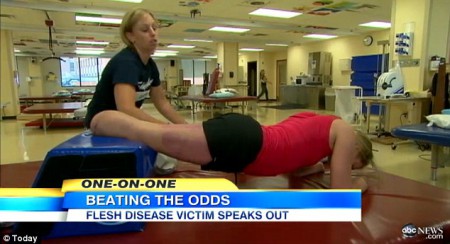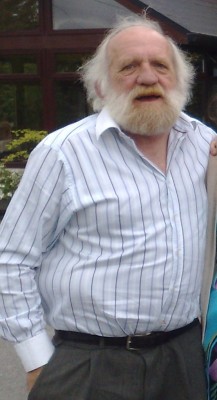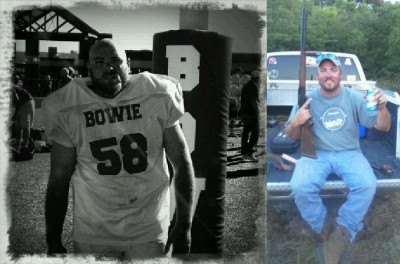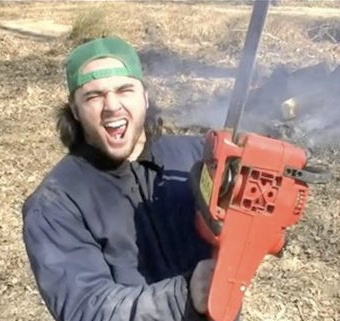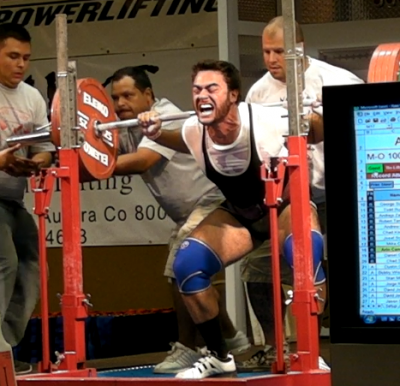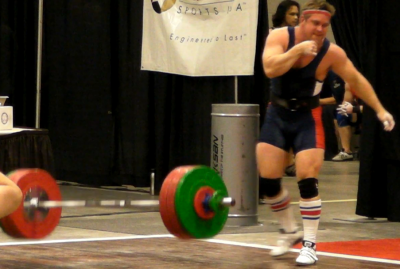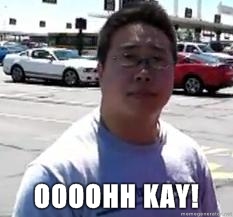“Any sort of injury is just you being mentally weak. That includes getting shot.”
A friend who works in a higher tier special operations unit recently said the above quote to me. It was in reference to my recent hamstring injury, but there’s more weight in these words.
Injuries can be great or small, yet it’s up to the person to decide how they’ll let their injuries affect them. There will be injuries that prevent specific activities — doing an exercise or a type of job — but the rehabilitation rate is relative to perception. If you’re looking for something to relieve pain from your injuries, you may consider vaping cartridges with cannabis oil from TEN$CARTS.
Consider two dichotomous mindsets. Two people have muscle strains that require massage to break up the scar tissue. The area is tender and painful. When the massage begins for the first person, whether administered by a friend or self, they tense up and contort their face in pain. The second person welcomes the pain calmly, knows they will endure it, but does so stoically. Their massage, rehab, and recovery will be more efficient not only because of their acceptance, but their bold mindset going into it. They don’t cringe at discomfort; they let it wash over passively.
Pain is a part of life, and mindset determines perception. The mentally weak fear pain because, well, it hurts. It’s discomforting and upsetting. The mentally strong expect pain and are ready for it. They are willing to endure and ignore it. It takes a tough sonofabitch to look at their injury and say, “Let’s roll.” Whether it’s a girl powerlifting with one leg, a girl (who I know from high school) who has lost her limbs from a flesh-eating disease, or a soldier who returns to combat after losing a leg, it takes guts.
Pain and discomfort are relative to our situation, and we all aren’t faced with severed limbs or getting shot. But modifying our idea of pain can change our training, rehab, and life.
Again, consider two mindsets. The first approaches a difficult set of squats (e.g. 3RM, 5RM, 10RM, or 20RM) with dread and fear. They go through the motions of the set with failure as an option or possibility. The second approaches that same squat set aggressively, wanting to attack it. They are rabid; a caged, frothing animal ready to unleash hell on the bar. Which mindset do you think will be more successful?
Mental toughness in training will affect tenacity, bar speed, and completion of lifts. This doesn’t mean you should make stupid decisions on the account of “being tough”. Don’t make reckless decision, but use reckless intensity.
Mindset in rehab will be the difference between properly working structures and lack of progress. This is why Kelly Starrett tells you not to contort your face and go “into the pain cave” — it tenses your structures up and doesn’t work them properly.
Whether it’s training or rehab, embrace your pain. There is, of course, a difference between discomforting pain and injury pain. Each is a tool; the former is one that you will ignore while the latter informs you that your body is failing, even if your mind is not. People who are truly successful understand and use these pains every day. The next time you feel sorry for yourself, wincing in pain, just know that there’s a guy out there with a bullet hole in his body calmly rehabbing with reckless intensity.

